Thailand has just discovered a series of Chinese milk grapes containing toxic banned substances. Notably, this delicious, “noble” grape variety is being sold everywhere in Vietnamese markets, with the cheapest variety costing just over 20,000 VND/kg.
Recently, the Thai Pesticide Alert Network (Thai-PAN) issued a warning about the contamination of milk grapes after discovering that most of the collected fruit samples contained toxic chemical residues exceeding the maximum allowable level.
The agency had previously purchased 24 samples of popular grapes from various locations in early October. As a result, 23 out of 24 Shine Muscat (milk grapes) samples tested were found to be contaminated with toxic substances. Of these, 9 milk grape samples were identified as imported from China, while the origin of the remaining 15 samples was unknown.
"We were quite shocked to see that 23 out of 24 samples had pesticide residues exceeding the permissible limit," said Prokchon Usap, coordinator of Thai-PAN.
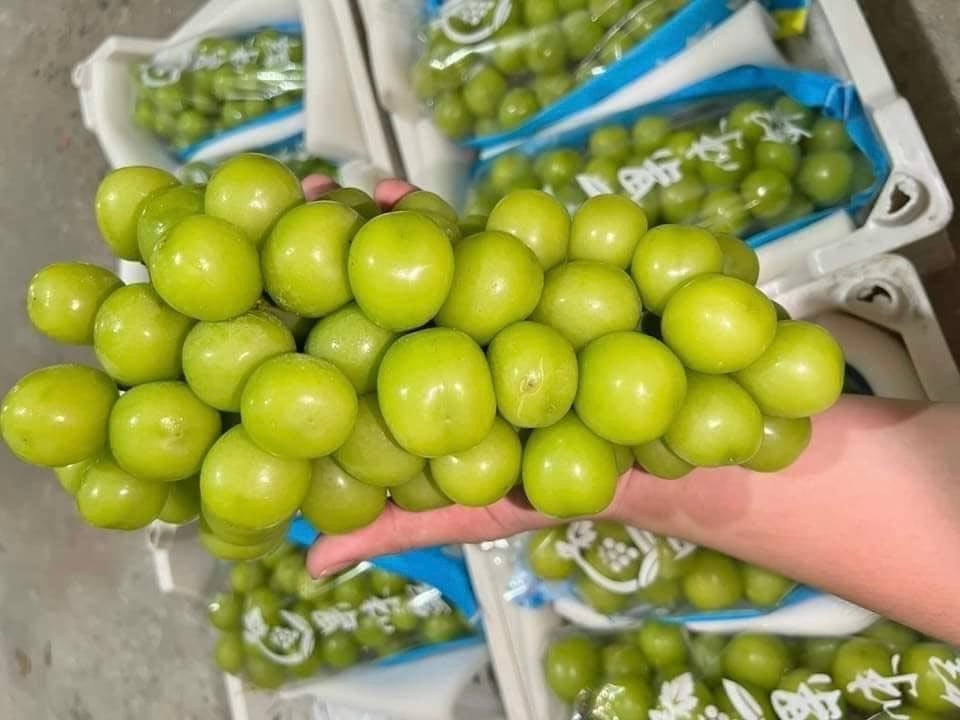
Notably, one sample of milk grapes was found to contain pesticides banned in Thailand; 22 samples contained 14 harmful chemical residues exceeding the safe limit and 50 other pesticide residues. Many pesticides are capable of penetrating the grapes to help them stay fresh longer.
Shine Muscat grapes (milk grapes) are a famous grape variety of Japan. This type of grape has appeared in the Vietnamese market for nearly ten years now in quite modest quantities due to its high price.
Only in recent years, when China expanded its growing area, have milk grapes entered the Vietnamese market in large quantities, and the price has also become increasingly cheaper.
This type of milk grape has large, glossy green fruit, with or without seeds. When ripe, the grapes have a rich sweet taste and a very special milky aroma. Currently, Chinese milk grapes are sold everywhere in supermarkets, stores, online markets and on sidewalks at super cheap prices, so they are very popular.
In the market, milk grapes are commonly sold for 50,000-80,000 VND/kg. Some types even cost only 20,000-30,000 VND/kg - as cheap as vegetables in the market.
On average, a fruit seller can consume several dozen kilograms to several hundred kilograms of Chinese milk grapes per day. In the fruit store system, the number of milk grapes sold per day can reach up to tons, even several tons.
Recently, “noble” grapes from China have become a favorite fruit of many Vietnamese families. However, when Thai authorities discovered that Chinese milk grapes contained “banned substances” and many harmful chemical residues exceeding the permitted level, many consumers were worried about safety issues, because this item is flooding Vietnamese markets.
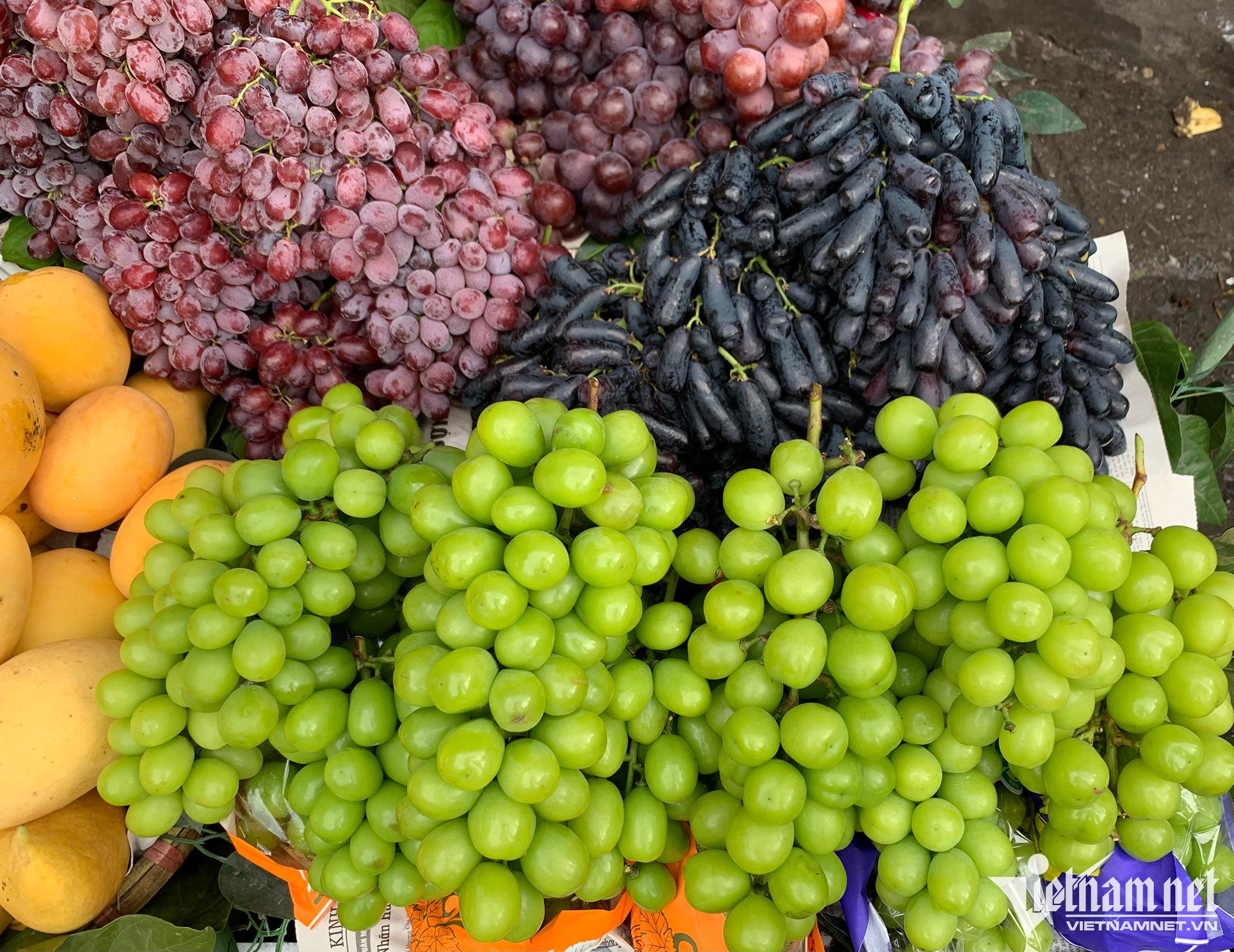
On social media forums, information about Thailand discovering Chinese milk grapes containing banned substances has been widely shared, along with warnings that people should be careful when buying and eating them. Many Vietnamese housewives feel "worried" about this information.
Ms. Nguyen Thuy Duong - an online fruit seller in Bac Tu Liem ( Hanoi ) - admitted that after the news that Chinese milk grapes were found to have toxic residue exceeding the threshold in Thailand, the amount of grapes sold today decreased sharply.
Previously, Ms. Duong used to sell about 1 ton of grapes per day, both wholesale and retail, but now the number has dropped to less than 400 kg. “Many people are also worried about safety issues when they learn that grapes contain toxic substances,” she shared.
Preliminary statistics from the General Department of Customs show that by the end of September 2024, traders and businesses in our country had spent 696.59 million USD (equivalent to about 17,400 billion VND) to buy Chinese fruits and vegetables, including milk grapes.
Not only that, in the list of most imported fruits to Vietnam, grapes are always the second item.
China is also the largest supplier of fruit to the Vietnamese market.
According to VietNamNet 's investigation, 100% of imported fruit and vegetable shipments to Vietnam must undergo plant quarantine. Regarding food safety, the frequency of sampling and testing will depend on each item. If the item has a high risk of food safety, the frequency of sampling and testing will increase and vice versa.
PV.VietNamNet has contacted the Plant Protection Department (Ministry of Agriculture and Rural Development) to learn more about the issue of controlling the import of Chinese fruits in general and Chinese milk grapes in particular and is waiting for a response from this agency.
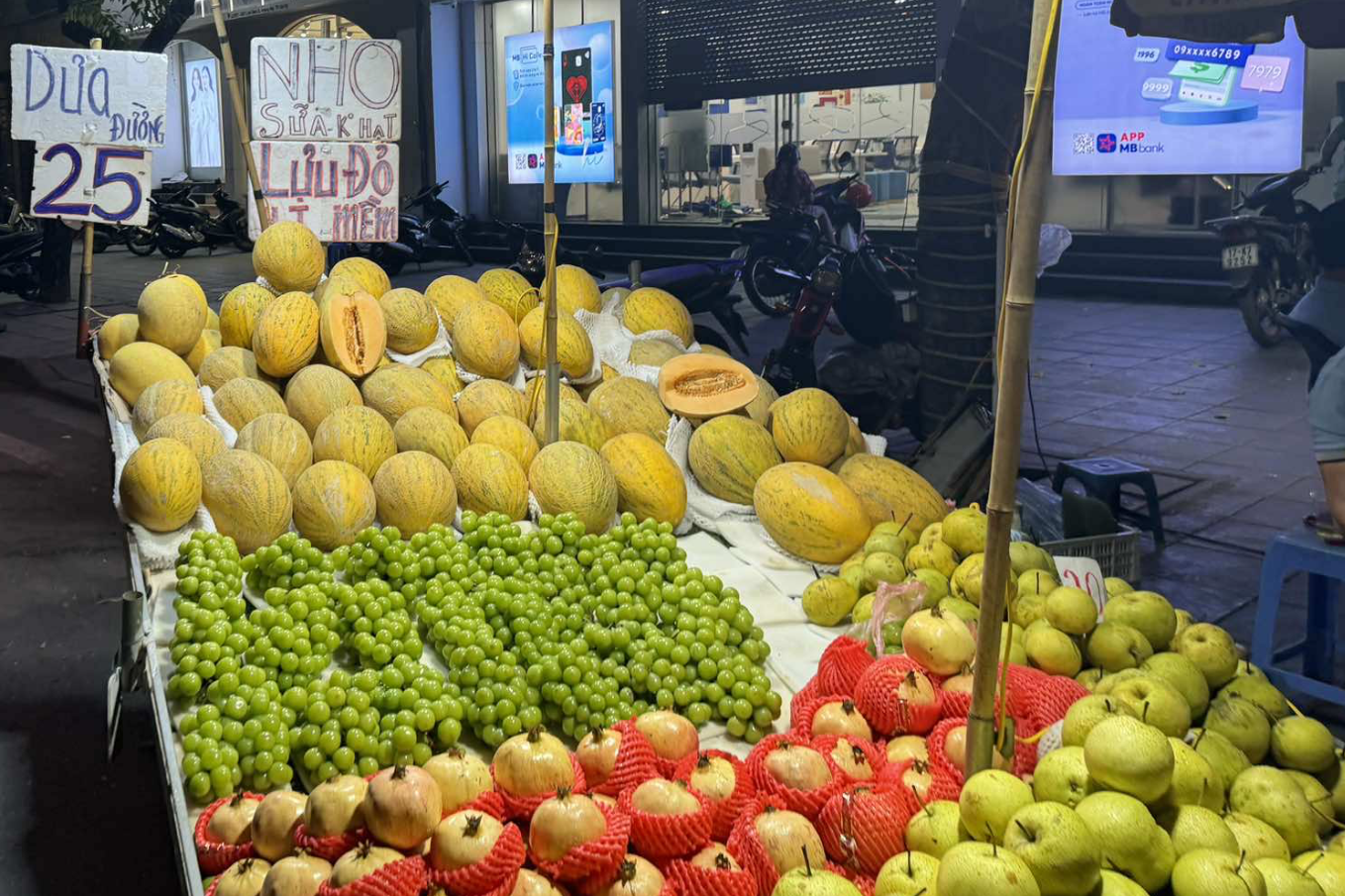
Source: https://vietnamnet.vn/nho-sua-trung-quoc-bi-thai-lan-phat-hien-co-chat-cam-viet-nam-kiem-soat-ra-sao-2337212.html


![[Photo] More than 17,000 candidates participate in the 2025 SPT Competency Assessment Test of Hanoi National University of Education](https://vphoto.vietnam.vn/thumb/1200x675/vietnam/resource/IMAGE/2025/5/17/e538d9a1636c407cbb211b314e6303fd)
![[Photo] Readers line up to visit the photo exhibition and receive a special publication commemorating the 135th birthday of President Ho Chi Minh at Nhan Dan Newspaper](https://vphoto.vietnam.vn/thumb/1200x675/vietnam/resource/IMAGE/2025/5/17/85b3197fc6bd43e6a9ee4db15101005b)



![[Photo] Prime Minister Pham Minh Chinh chairs meeting on science and technology development](https://vphoto.vietnam.vn/thumb/1200x675/vietnam/resource/IMAGE/2025/5/17/ae80dd74c384439789b12013c738a045)
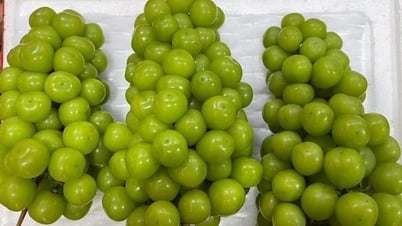


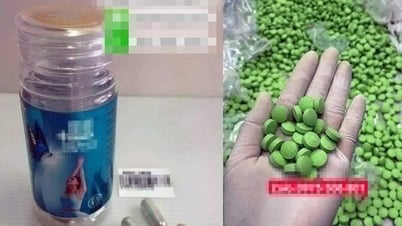

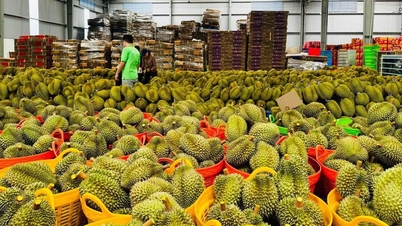
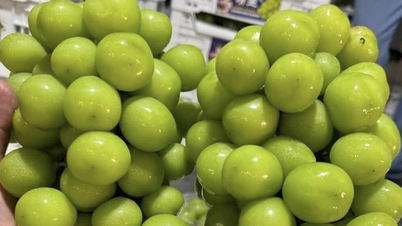






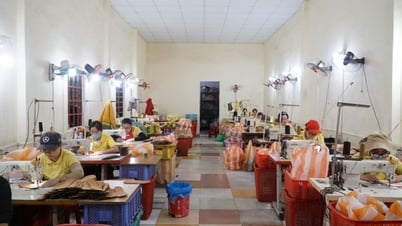











![[Photo] Nearly 3,000 students moved by stories about soldiers](https://vphoto.vietnam.vn/thumb/1200x675/vietnam/resource/IMAGE/2025/5/17/21da57c8241e42438b423eaa37215e0e)




















































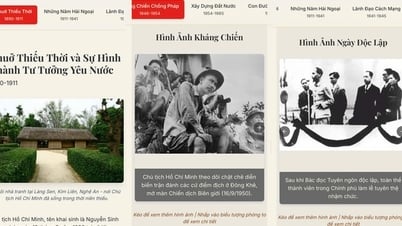


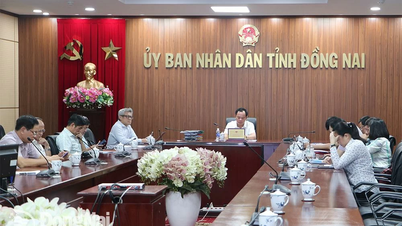













Comment (0)